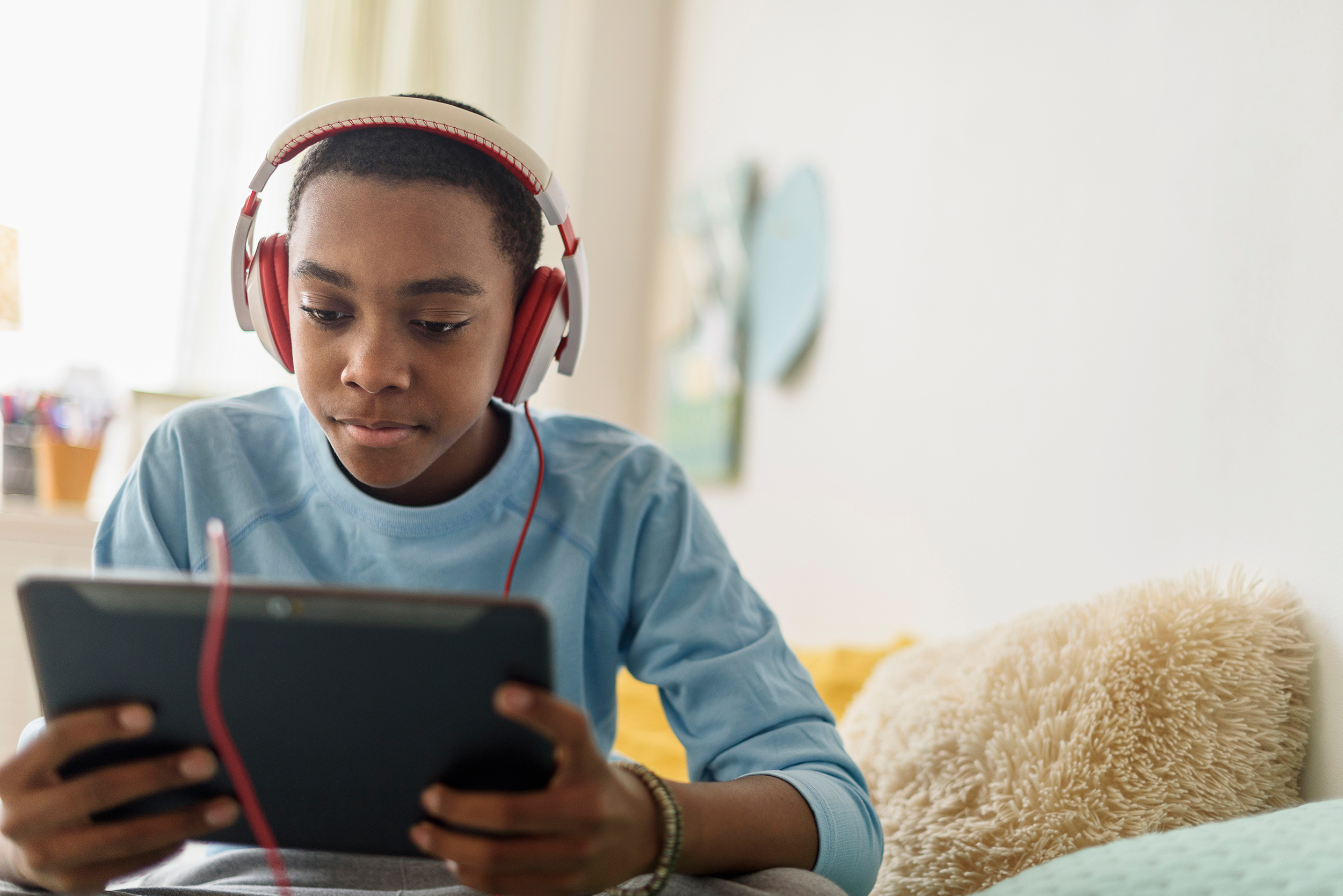Pew: Minority Say Universal Broadband Access Is Fed's Responsibility
But 90% say internet is either important or essential during pandemic

The smarter way to stay on top of the multichannel video marketplace. Sign up below.
You are now subscribed
Your newsletter sign-up was successful
Nine out of 10 Americans (90%) said that the internet has been either essential or important to them during the pandemic, with 58% saying it was essential. But while 90% said the internet is at least important, and for the most part essential, only 37% said the government has a responsibility to make sure that everyone has high-speed internet during the pandemic, essentially unchanged from a year ago.
That is according to a new Pew Research Center report based on a survey of 4,623 adults polled April 12-18, 2021, a snapshot about a year into the COVID-19 pandemic.
A vast majority of respondents (81%) said they have talked with someone via a video call sometime during the pandemic and 40% said they had used the internet or other technology in a way that was new or different for them, although there was some Zoom fatigue.
Four out of 10 of those using video calls said they felt worn out, at least some of the time, by the time they have had to spend on them. A third said that they have attempted to cut back on their use of smartphones or the net sometime since last April.
Also Read: Pew Says Majority of Americans Don't Trust Social Media
The pandemic has also led to some major broadband service upgrades, according to the survey. Almost a third (29%) said they had done something to boost speed, reliability or quality of their home high-speed internet connections since the beginning of the virus outbreak.
That could be related to their response to another question. About half (48%) of those with a high-speed internet connection said they have had problems with speed, reliability and quality of their home connection at least sometimes.
The smarter way to stay on top of the multichannel video marketplace. Sign up below.
Some respondents will be happy with the help the Biden Administration wants to give them--in the form of billions of dollars in subsidies.
Back in April, almost half (46%) of lower income respondents said that they were at least somewhat worried about paying their internet bills. The survey also found that lower income respondents were 20 percentage points more likely to say they were having issues with their connections.
While only 37% said the government should ensure access, almost half (49%) said K-12 schools "have a responsibility to provide all students" with laptop or tablet computers in order to help them complete their schoolwork during the pandemic, which is up 12 percentage points from April 2020.
The margin of error for the survey is plus or minus 2.2 percentage points.
Contributing editor John Eggerton has been an editor and/or writer on media regulation, legislation and policy for over four decades, including covering the FCC, FTC, Congress, the major media trade associations, and the federal courts. In addition to Multichannel News and Broadcasting + Cable, his work has appeared in Radio World, TV Technology, TV Fax, This Week in Consumer Electronics, Variety and the Encyclopedia Britannica.

